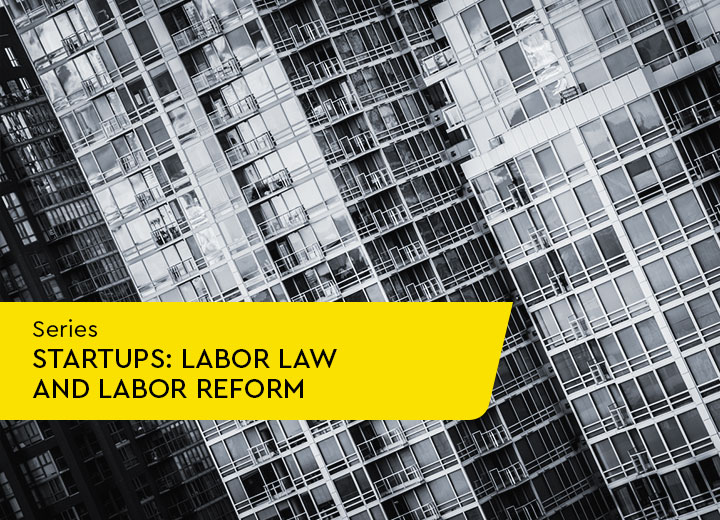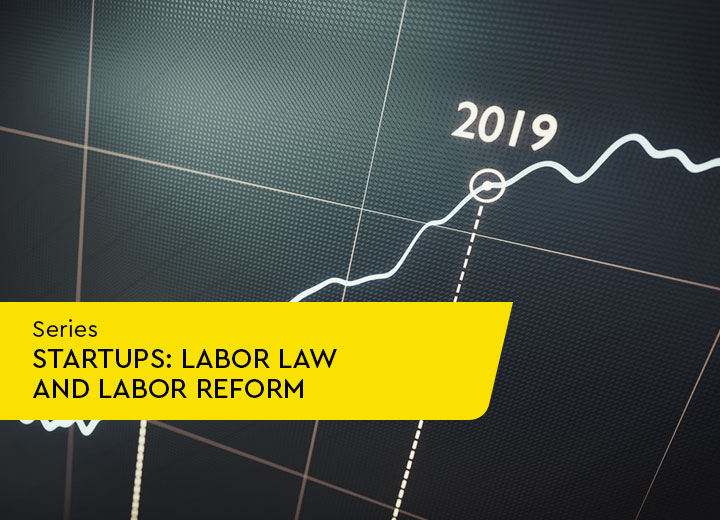Labor and employment
In the previous article, we discussed the measures that can be taken by startups to protect their intellectual capital and the strategic information of their businesses by means confidentiality obligations and obligations relating to intellectual property.
There is much discussion today regarding the best ways to decommission, to deactivate, the rigs used in the oil and gas exploration and production process, as most of them are approaching or are already at the end of their useful life.
The seven public civil actions filed by the Public Labor Prosecutor’s Office (MPT) against Brazil’s main banks for alleged liability for their clients' social and environmental risks are beginning to unfold.
In order to encourage the creation of new jobs and inject money into the market, the Ministry of Economy plans to present a package of measures that, among other actions, authorizes the replacement of funds paid by employers as appeal deposits with judicial performance bonds.[1]
Law No. 13,874/19, enacted on September 20 after the conversion into law of the Economic Freedom Executive Order (MP 881/19), amended various points of labor and employment laws with the main objective of reducing bureaucracy in the procedures to be followed by employers.
In prior articles, we discussed some preventive measures that startups can take to adjust their internal procedures and thereby avoid possible breaches of labor laws and regulations. Startups may, however, face labor claims filed by their former employees or even by third parties who were not even their direct contractors.
Share-based incentive plans are long-term mechanisms that allow employees to participate in the valuation of the company according to previously established criteria. As a rule, implementing these plans results in greater alignment of interests between employees and the company, which helps retain talent, boosts workforce performance and, consequently, business performance, and indirectly leads to company valuation.
Even without the consent of the trade union, the Superior Labor Court (TST) approved requests for withdrawal by employees in a collective suit filed against two companies. The recent decision was delivered in Case No. 0010795-82.2015.5.03.0179.
With technological advances, work done at home offices or locations other than the place of business, has multiplied, which has reinforced the importance of adopting legal guidelines and measures to give greater predictability and security to parties involved in this type of working relationship.
Trade union dues were created in the 1940s in order to strengthen the trade union movement. This was a mandatory amount due from the worker to the professional trade union of his category, even if he were not affiliated to it, and corresponded to the remuneration of a normal work day.
The publication of Ordinance No. 604/19 of the Special Secretariat of Welfare and Labor, which deals with work on Sundays and holidays, from a practical point of view, brought in important impacts to various sectors, especially trade and tourism.
Resolution No. 241 of the Superior Council of the Labor Judiciary (CSJT), in force since June 6, amends some of the rules of Resolution No. 185, bringing in important changes in the use of the Electronic Judicial Procedure (PJe).













